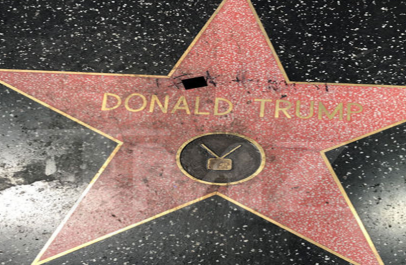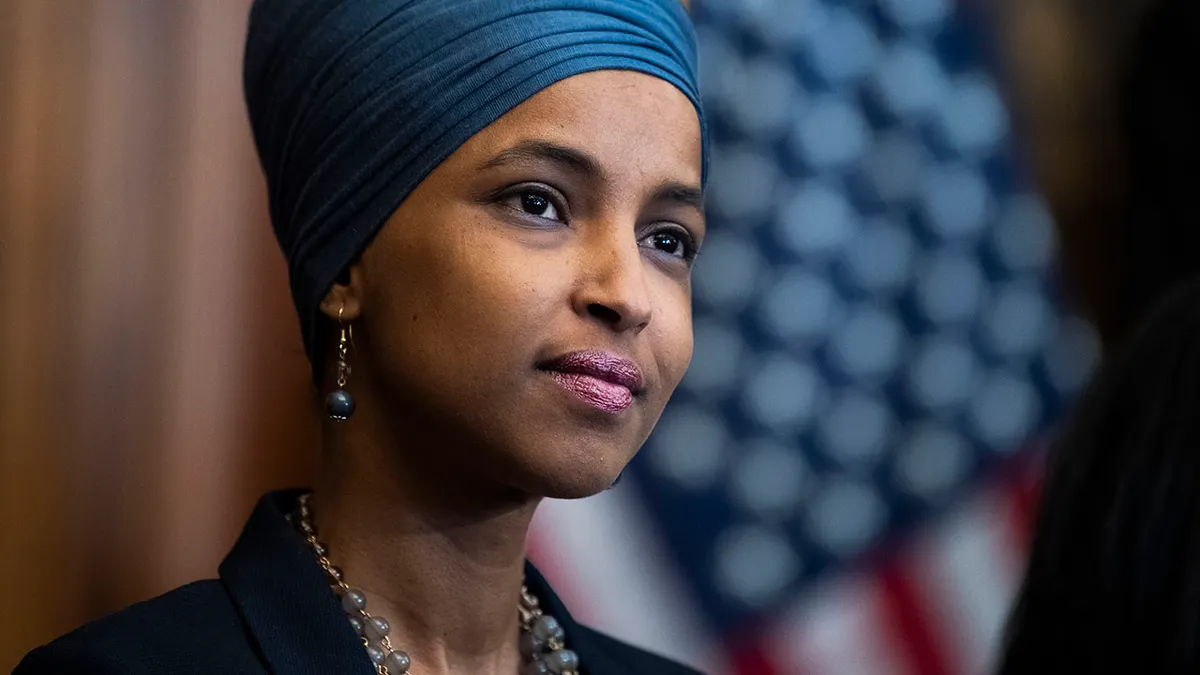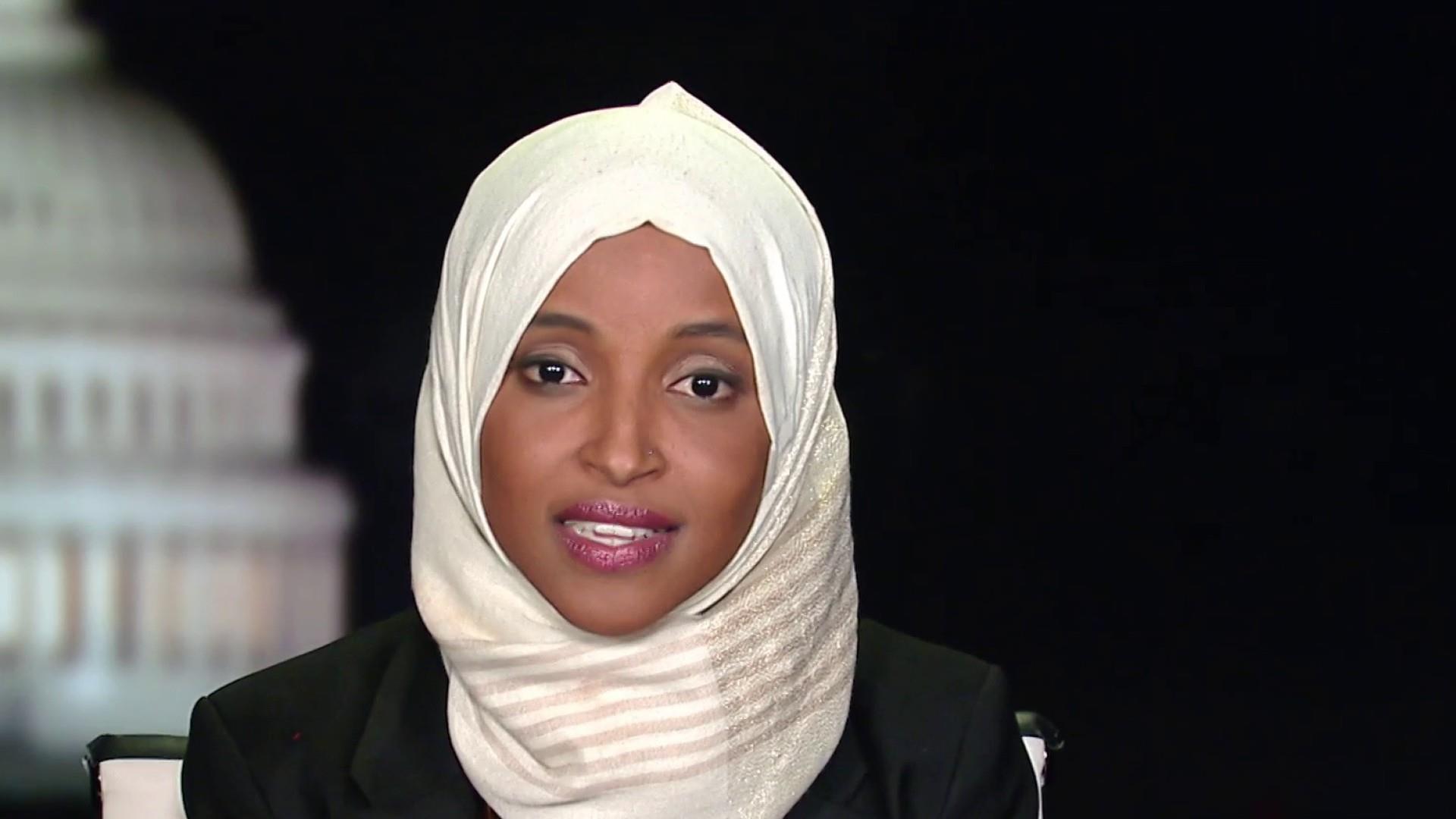Welcome to yougotdoge.com!
In a twist of fate, many Hollywood celebrities who once vehemently criticized Donald Trump are now turning to him for assistance as the industry faces unprecedented challenges. The film and television sector, plagued by issues such as the exodus of jobs to Canada and overseas, finds itself at a crossroads. While the glitz and glamour of Hollywood often overshadow the hard work of countless behind-the-scenes professionals—truck drivers, grips, electric, props, set decoration, and construction departments—the reality is that these individuals are bearing the brunt of the industry’s decline.
The stark irony lies in how some of the very voices that condemned Trump in the past are now reaching out to him for support. A letter signed by numerous prominent actors, including Ben Stiller, Olivia Wilde, and Mark Ruffalo, urges the former president to take action against big tech proposals related to artificial intelligence. They argue that allowing companies like OpenAI and Google to exploit copyrighted works without consent would undermine the creative industries that have long been a cornerstone of American culture.
Trump’s ambitious $500 billion plan, dubbed ‘Stargate,’ aims to bolster AI projects domestically, potentially creating over 100,000 jobs. Yet, the very celebrities who criticized him now find themselves in a position where they need his influence to safeguard their livelihoods. It’s a clear reflection of the struggles faced by the industry, where the allure of cheaper production costs overseas has led to a significant loss of work in the U.S. To counter this trend, there’s a growing call for the Trump administration to implement tariffs or other measures that would incentivize producers to keep their projects within the country, ultimately bringing movies and TV shows back to American soil.
As Hollywood grapples with its identity in an age of streaming and AI, the call for unity among its stars becomes even more ironic. Many who once labeled Trump a “petty dictator” or a “self-serving ego maniac” are now asking him to champion their cause, revealing a fundamental contradiction in their earlier stances. The sincerity of these requests is called into question when they come from those who have previously disparaged the very figure they now seek to support.
The current landscape is further complicated by the rise of foreign productions flooding the market with subpar content, often requiring voiceovers in English for American audiences, with streaming giants like Netflix, Amazon Prime, and Hulu leading the way. This trend not only dilutes the quality of storytelling but also raises concerns about the future of American cinema. With the industry’s infrastructure crumbling and the demand for authentic narratives growing, the need for leadership—whether from Trump or new Hollywood ambassadors like Mel Gibson, John Voight, and Sylvester Stallone—has never been more pressing.
In conclusion, as Hollywood wrestles with its identity and future, the confluence of political and industry dynamics presents a unique narrative. The irony of former critics seeking help from Trump underscores a deeper issue within the industry: the need to adapt and innovate while preserving the creative spirit that has defined American entertainment. As the industry stands at a crossroads, the question remains: can these once-divided voices come together to forge a path forward, or will the irony of their predicament continue to overshadow their efforts?





